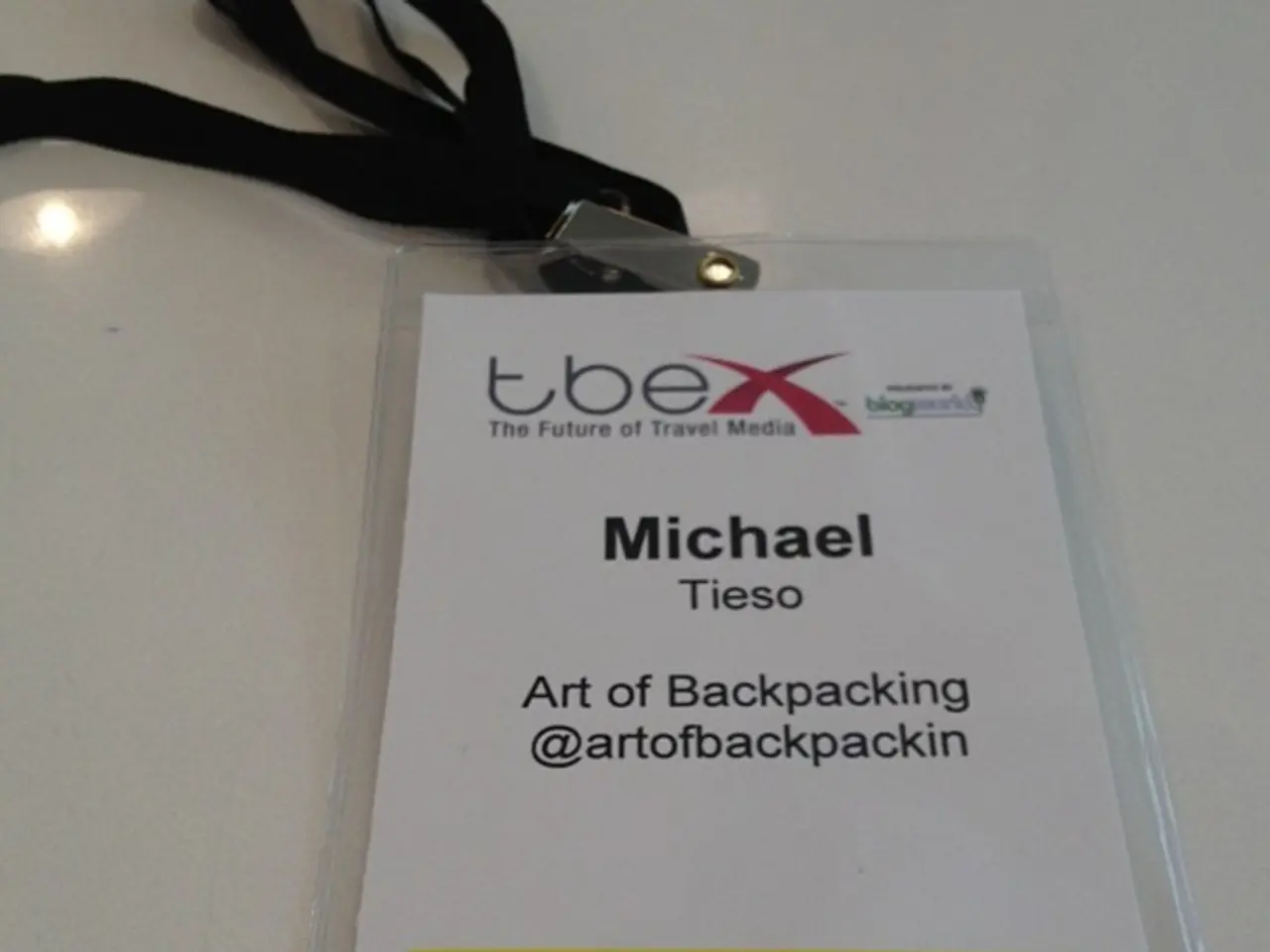Job Opportunities and Personal Development in Disabled Individuals: Building a Sense of Self-Worth and Purpose through Occupation
In a grocery store, a momentous occasion unfolded as Ravi, a 28-year-old man with a mild intellectual disability, donned his staff badge for the first time. This simple act symbolised more than just a job for Ravi; it represented dignity, identity, and a significant step towards independence.
Employment for individuals with intellectual disabilities (ID) is crucial for social cohesion, self-worth, and personal growth, according to the Self-determination theory. Supported employment programs, job coaches, and peer mentoring can help individuals transition into meaningful roles.
Researchers Schalock and Verdugo argued in 2021 that the quality of life for individuals with ID increases dramatically when employment is aligned with personal interests and strengths. This principle is evident in Ravi's story, as he found his niche at the grocery store.
However, many individuals are unaware of these programs, which can lower their confidence. To address this issue, societies must shift from asking, "Can they work?" to "How can we make work accessible and affirming?"
Effective strategies to increase employment opportunities and reduce workplace stigma include adapting inclusive hiring practices, providing tailored accommodations, implementing supportive communication and mentoring systems, and fostering organisational awareness through education and training.
Adapt hiring processes to focus on essential job skills rather than vague criteria, share interview questions in advance, and offer alternatives to traditional interviews like skill demonstrations to reduce barriers.
Implement workplace accommodations addressing sensory needs, flexible work schedules, and assistive technologies tailored to individuals’ requirements.
Provide personalised support and job coaching to help individuals with ID integrate successfully, including on-the-job training and customised job design with meaningful, autonomous roles supported by coworkers and supervisors.
Create clear communication and predictable routines such as visual schedules, written instructions, and consistent processes that help reduce stress and confusion.
Educate all employees and leadership through training that includes stories from individuals with lived experience, anti-discrimination policies, mental health awareness, and sensitivity training to break down stigma and misconceptions about disabilities.
Foster an inclusive workplace culture with mentorship programs, peer support groups, employee resource networks, and partnerships with community organizations specializing in disability services, which reinforce understanding and belonging.
Focus on abilities, not disabilities, avoiding assumptions, recognising achievements, and encouraging open two-way communication to support motivation and engagement.
These combined strategies create a supportive environment that not only improves hiring and retention of individuals with intellectual disabilities but also cultivates respect and reduces stigma across the workforce.
Unfortunately, employment rates among people with ID remain low worldwide, with 80% being unemployed or underemployed, according to the World Health Organization. When allowed to work, people with ID gain pride, purpose, and identity.
A case study by the National Disability Insurance Scheme (NDIS) showed that individuals with ID in inclusive roles described their jobs as central to their identity. However, a 2019 report by the International Labour Organisation (ILO) highlights that employers often give people with ID low-paid, segregated, or temporary roles.
To combat this, it's essential to challenge the "disability-first" narrative, which overlooks the abilities of individuals with intellectual disabilities. Being socially included in the workplace can reduce stigma and build identity formation.
Employment can help individuals with intellectual disabilities develop higher self-esteem, greater emotional resilience, and improved social skills. Ravi's journey is a testament to this, as he continues to thrive in his role at the grocery store.
References:
- Schalock, R. L., & Verdugo, A. (2021). Quality of life for people with intellectual disabilities: A review of the literature. Journal of Intellectual Disability Research, 65(10), 971-987.
- National Disability Insurance Scheme (NDIS). (2020). Employment, education, and training. Retrieved from https://www.ndis.gov.au/participants/employment-education-and-training
- International Labour Organisation (ILO). (2019). Employment and disability: Policy and practice in the 21st century. Geneva: ILO.
- Psychologists warn against the "disability-first" narrative, which overlooks the abilities of individuals with intellectual disabilities. (2021, October 1). Retrieved from https://www.bbc.com/news/health-58914847
- Effective strategies to increase employment opportunities for individuals with intellectual disabilities and reduce workplace stigma. (2021, September 1). Retrieved from https://www.researchgate.net/publication/351453828_Effective_Strategies_to_Increase_Employment_Opportunities_for_Individuals_with_Intellectual_Disabilities_and_Reduce_Workplace_Stigma
- To enhance personal growth and emotional resilience, it's important to champion education and self-development programs that focus on career development and skills training for individuals with intellectual disabilities, as these strategies can lead to higher self-esteem and improved social skills.
- Nurturing a supportive work environment that values the abilities of individuals with intellectual disabilities, rather than their disabilities, encourages job retention and fosters the cultivation of emotional resilience, essential for personal growth and career development.




